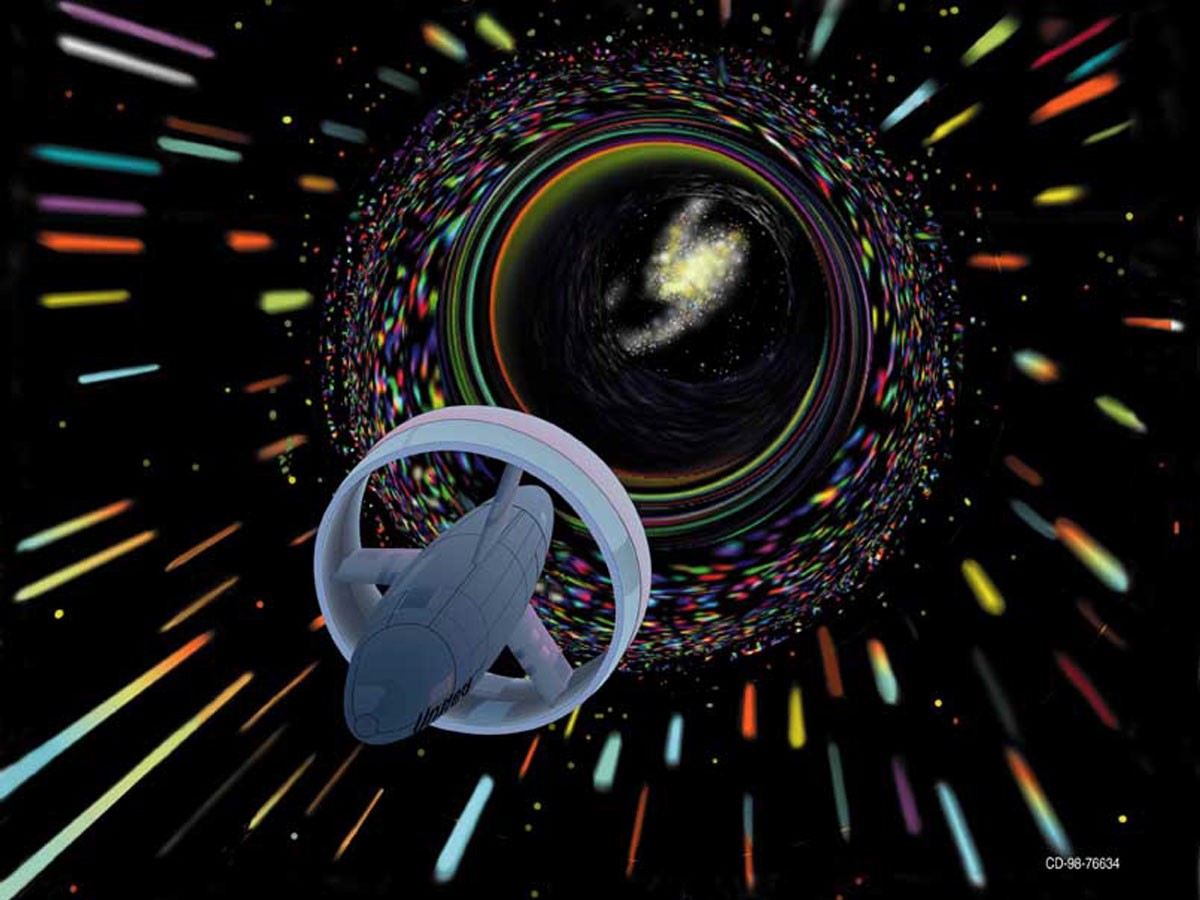
Three decades ago, a groundbreaking sci-fi film hit theaters, captivating audiences with its blend of ancient Egyptian mythology and futuristic space travel. "Stargate," released in 1994, not only became a box office success but also spawned a multimedia franchise that continues to enthrall fans to this day.
The brainchild of director Roland Emmerich and producer Dean Devlin, "Stargate" introduced viewers to a world where ancient alien technology could transport humans across the galaxy. The film's premise was both simple and intriguing: an archeological discovery in Egypt leads to the activation of an interstellar portal, sending a team of explorers to a distant planet.
What set "Stargate" apart from other sci-fi offerings of its time was its unique fusion of historical elements with futuristic concepts. The film's narrative drew heavily from theories about ancient astronauts and the idea that extraterrestrial beings might have influenced early human civilizations. This blend of the familiar and the fantastical struck a chord with audiences, grossing over $200 million worldwide.
The success of the movie paved the way for an expansive television universe. In 1997, "Stargate SG-1" premiered, continuing the story from where the film left off. Led by Richard Dean Anderson as Colonel Jack O'Neill, the series expanded the "Stargate" mythology, introducing new alien races, advanced technologies, and complex interstellar politics.
"SG-1" ran for an impressive ten seasons, becoming one of the longest-running North American science fiction series. Its popularity led to two spin-off shows: "Stargate Atlantis" and "Stargate Universe," each exploring different aspects of the franchise's rich universe.
The "Stargate" phenomenon didn't stop at television. The franchise expanded into novels, comic books, and video games, creating a vast and intricate fictional universe for fans to explore. This multimedia approach allowed the franchise to maintain its relevance and engage with audiences across various platforms.
What made "Stargate" endure for so long? Part of its appeal lay in its ability to balance action-adventure with thought-provoking themes. The series often tackled complex issues such as morality in warfare, the ethics of scientific advancement, and the nature of humanity's place in the universe. This depth, combined with its accessible storytelling and charismatic characters, kept viewers coming back for more.
The franchise also benefited from a dedicated fan base that embraced its mythology with enthusiasm. "Stargate" conventions became popular events, allowing fans to meet cast members, discuss theories, and celebrate their shared passion for the series.
As "Stargate" marks its 30th anniversary, its impact on science fiction television and popular culture is undeniable. The franchise demonstrated the potential for a single film to evolve into a sprawling, multi-faceted universe that could captivate audiences for decades.
While the last television series in the franchise, "Stargate Universe," concluded in 2011, the "Stargate" legacy lives on. Rumors of potential revivals or reboots continue to circulate, keeping hope alive for fans eager to see new adventures through the ancient portal.
The journey of "Stargate" from a standalone film to a beloved sci-fi dynasty serves as a testament to the power of imaginative storytelling and world-building. As it celebrates its 30th year, "Stargate" remains a shining example of how science fiction can transport us to new worlds while exploring the very essence of what makes us human.